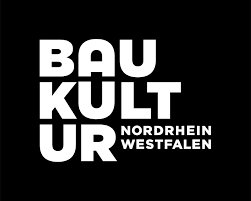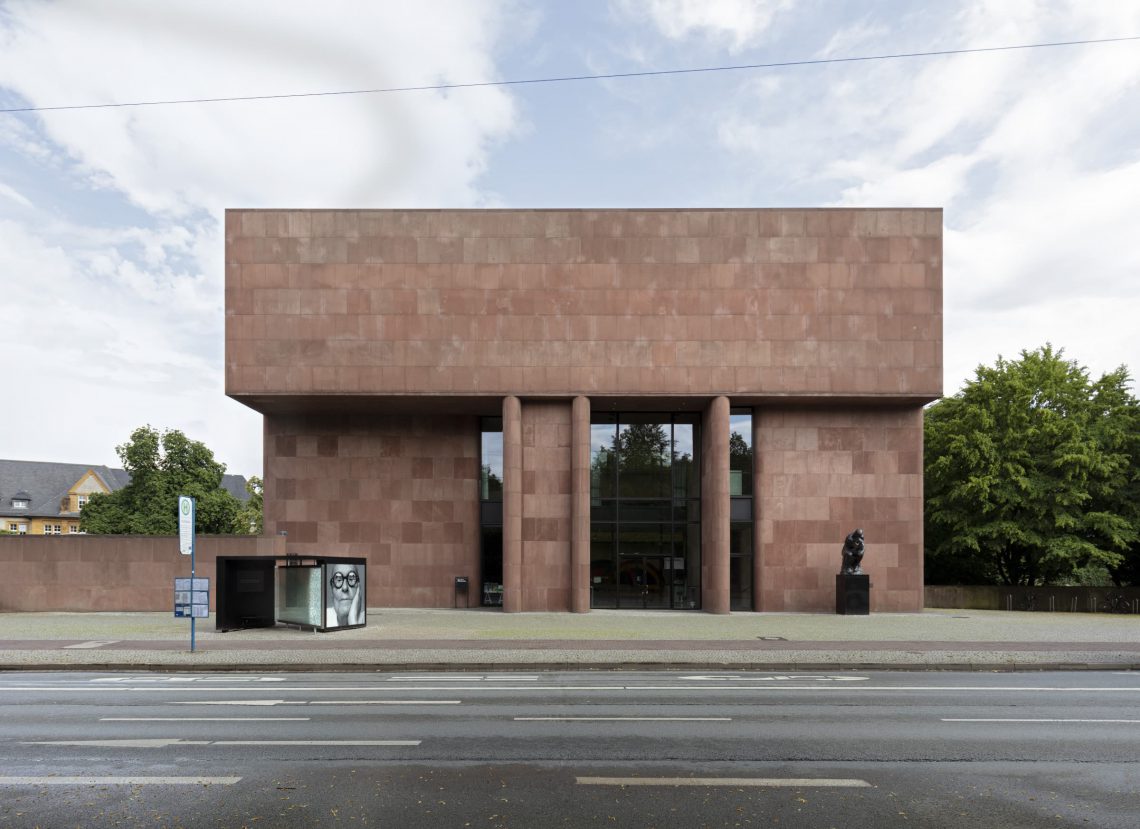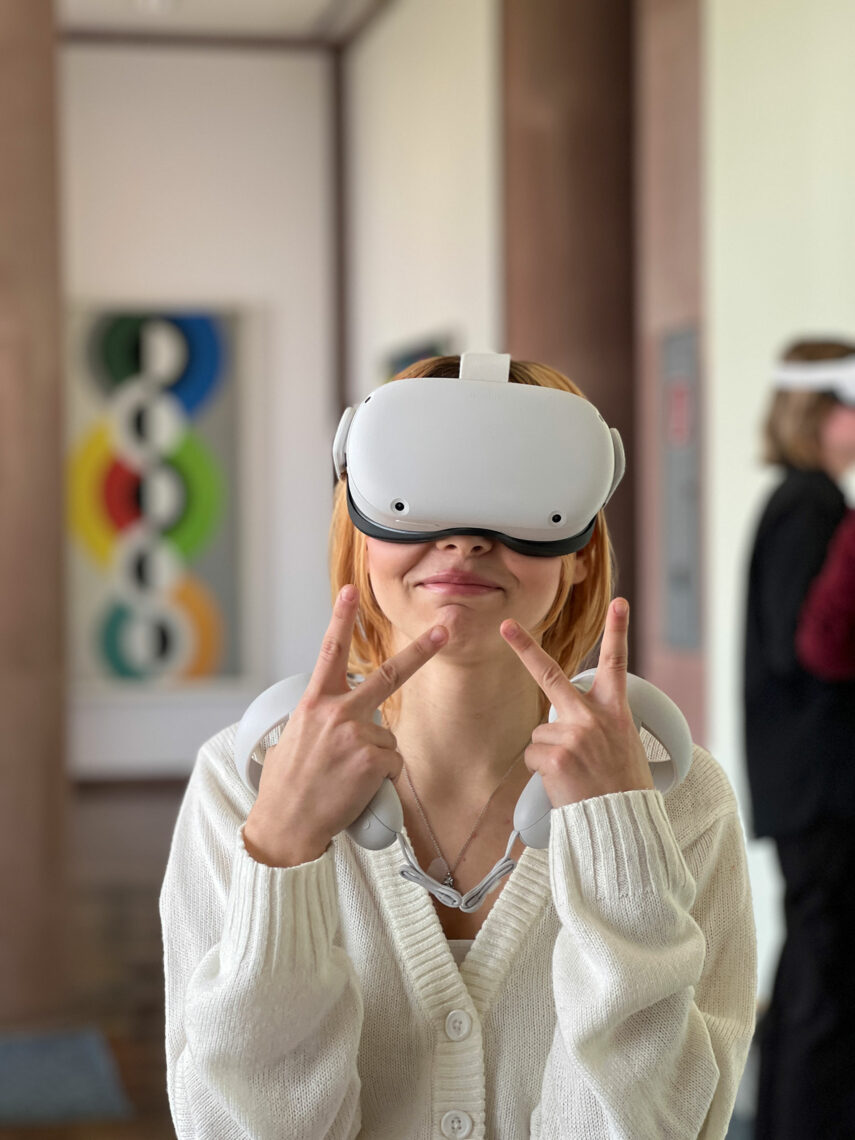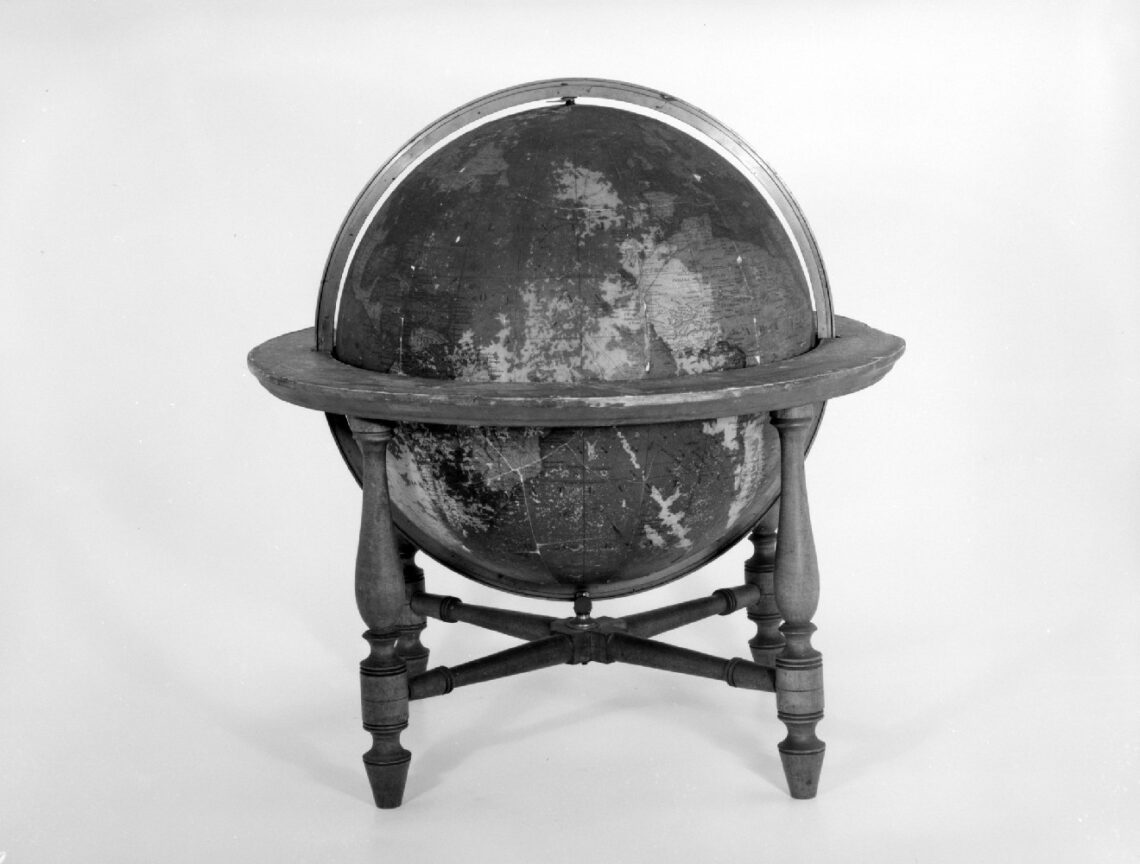Peace with Gaia – perspectives, possibilities and limits of cultural institutions in the sustainability transformation process
A contribution from Ministerial Councillor Ralph Zinnikus
Ministerialrat Ralph Zinnikus, Ministry of Culture and Science of the State of North Rhine-Westphalia
Unit 416, New Cultural Facilities, Sustainability
Lecture as part of the symposium
Yesterday. Today! Tomorrow?
From the museum of late modernism, its history and its future, monument protection, the “third place” or climate box versus climate crisis.
Part III, October 27 + 28, 2023
Climate box versus climate crisis. Fit for the future: the climate-neutral museum
The lecture deals with the question of how specific responses from culture and cultural studies and their institutions can react to the challenges of climate change and what suggestions and answers can be expected from them.
In the current debate, we essentially fall back on the natural sciences, whose methods promise us answers. The humanities and cultural sciences, on the other hand, appear dubious. Although we cannot do without scientific knowledge, narrowing our view to it is not very helpful.
The recently deceased French philosopher Bruno Latour gives the earth back its mythological name Gaia, the goddess of the first generation, who is both the earth itself and a metaphor for it. In the myths of origin of many cultures, the earth was always a personification, a being, certainly not without horror, but by no means a creation for the self-service of humans.
If we follow this idea, we see the earth as a being in battle with the people of our global lifestyle and realize that the earth is fighting back. The well-founded fear that we will not win this battle, that Gaia has the possibility of turning our human power against us and driving us to self-destruction, is very salutary against a hubris that believes it can subjugate the earth. We learn to understand that the world is more than just the environment. The latter is only the small part that we need to live. Gaia only loses one limb, but we lose everything.
Artistic representations and cultural-scientific discourses are needed to clarify, intellectually arm and convey images and language that we urgently need to understand the gigantic problem situation. The presentation will attempt to substantiate this and provide examples, while at the same time seeking to identify a unique selling point of this approach. It sees itself as a complement to the ideas that focus on practical solutions such as CO2 balancing and energy-efficient renovations.
You can watch the recording of the entire talk here.

Ministerialrat Ralph Zinnikus, Ministry of Culture and Science of the State of North Rhine-Westphalia
Unit 416, New Cultural Facilities, Sustainability
Ralph Zinnikus, trained bookseller, studied German language and literature and history at the University of Cologne. Subsequently teacher of German and history, teacher trainer and principal in Mönchengladbach. From 2012 Head of Department for Further Education and Culture at the Düsseldorf district government. Since the beginning of 2022, Head of Division for the Development of New Cultural Institutions and Sustainability in Culture at the Ministry of Culture and Science of the State of North Rhine-Westphalia, also acting Head of the Theater/Dance Division in 2022.
The symposium is sponsored and supported by:



Gallerie



